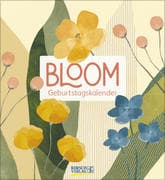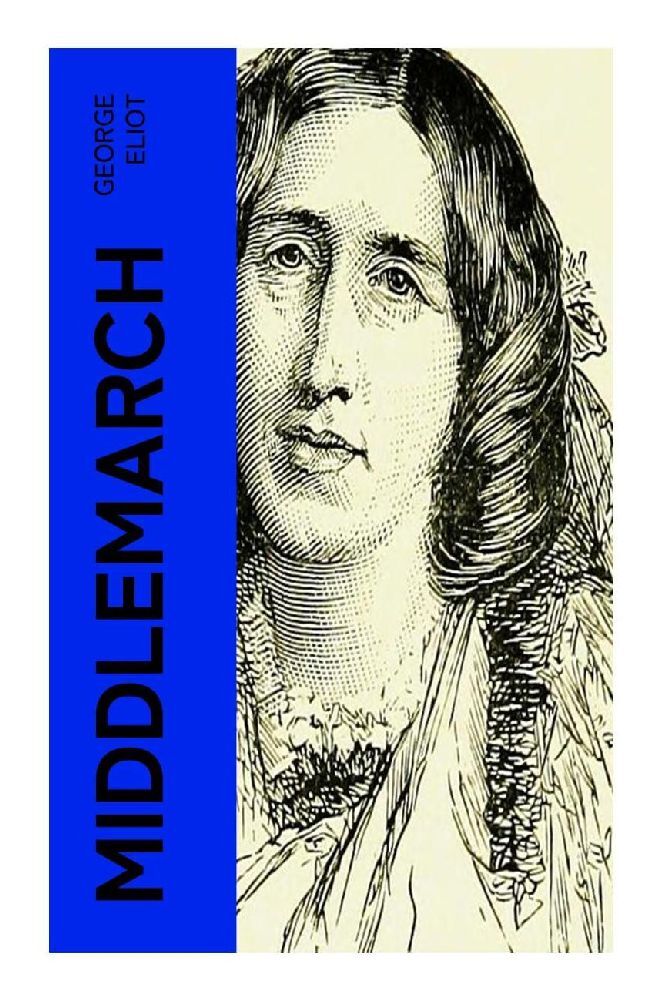In George Eliot's monumental novel, *Middlemarch*, the intricate tapestry of early Victorian society unfolds in a provincial town rich with ambition, idealism, and political introspection. The narrative weaves together the lives of various characters, notably Dorothea Brooke, whose desires for social reform and personal fulfillment clash with societal limitations. Eliot's profound psychological insight, characterized by free indirect discourse, allows readers to explore the characters' inner lives deeply. Set against the backdrop of the Reform Act of 1832, the novel critiques the political and social structures of the time, blending realism with philosophical musings, thus providing a comprehensive examination of the interplay between individual aspirations and collective norms. George Eliot, a pseudonym for Mary Ann Evans, was a pioneering female author in a male-dominated literary world. Her experiences in a rural English community and her keen intellect drew her towards themes of social change and moral complexity. Eliot's deep understanding of human emotion and social dynamics was influenced by her intellectual pursuits, including her friendships with prominent thinkers of her time. Her own challenges, particularly regarding gender and identity, resonate deeply within the text. *Middlemarch* is an essential read for anyone interested in the intersection of personal and political narratives. Eliot's masterful characterization and sharp social critique create a rich, immersive experience that continues to resonate with contemporary readers. The novel invites reflection on modern principles of community, gender roles, and ethical responsibilities, making it as relevant today as it was upon publication.












